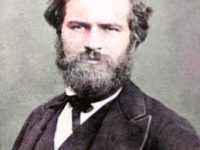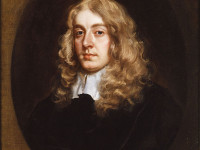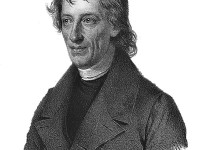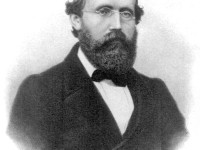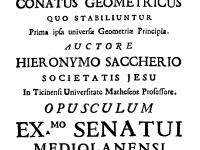John Couch Adams and the Discovery of Planet Neptune
On January 21, 1821, English mathematician and astronomer John Couch Adams passed away. Adams most famous achievement was predicting the existence and position of Neptune, using only mathematics. The calculations were made to explain discrepancies with Uranus‘s orbit and the laws of Kepler and Newton. At the same time, but unknown to each other, the same calculations were made by Urbain Le Verrier.[5] Youth and Education John Couch Adams was born at…
Read more



